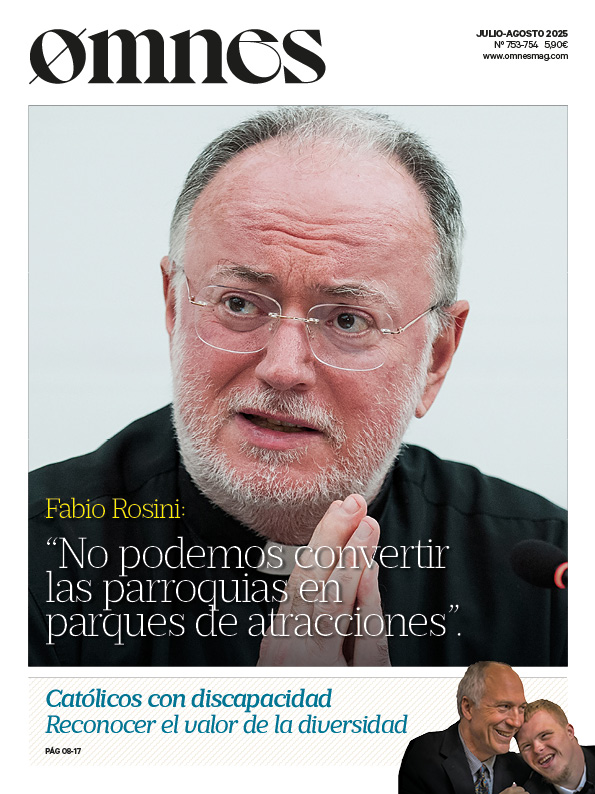There is a beautiful theme of consolation in today's readings, focused initially on Israel, but which also applies spiritually to us. Both the first reading and the gospel point to the "landscaping" that accompanies Israel's return to God. It is not a simple return with bowed head and contrite face, but demands a massive rearrangement of the terrain, one might even say a recreation of it: a way must be prepared through the desert, the valleys filled in, the mountains and hills lowered, the crooked and winding paths straightened, the rough roads made more passable.
That is why God sent John the Baptist before Christ to prepare the way. All kinds of things had to be arranged. He preached a baptism for the forgiveness of sins. People came to him to be baptized in the Jordan as a symbolic expression of their awareness of their spiritual uncleanness and their need for forgiveness. John called them to conversion in many practical ways.
We too are called to heed John's call to conversion, which may involve working on those crooked roads, empty valleys, high mountains, winding paths and rough roads that we find in ourselves.
We all have crooked paths. We are often not straight. We don't tell it like it is. We try to be cunning and devious. We hide in our shame instead of facing and confessing our guilt. Striving to be more honest, sincere and straightforward could be an area of conversion.
We are full of empty valleys: the talents and time that we have wasted. Where there should be growth and fertility there is barrenness and waste. Could we find ways to make better use of our time and talents?
We all have many mountains and high hills that need to be taken down. We are so proud. We think we are so big. We should pray for humility.
Then there are the winding roads. They are our tendency to waste time, to delay. We need more courage and strength to get down to work, especially in difficult things, not to procrastinate, to take the bull by the horns.
Finally, there are the hard roads. We all have edges to our character. We can be curt and brusque, impatient and overly demanding of others. Working on these "rough edges" can be a good goal for Advent. We may not be able to work on all of them, but perhaps we could focus on one or two areas where we could try to improve.
The homily on the readings for the Second Sunday of Advent
Priest Luis Herrera Campo offers his nanomiliaA short one-minute reflection for these Sunday readings.








